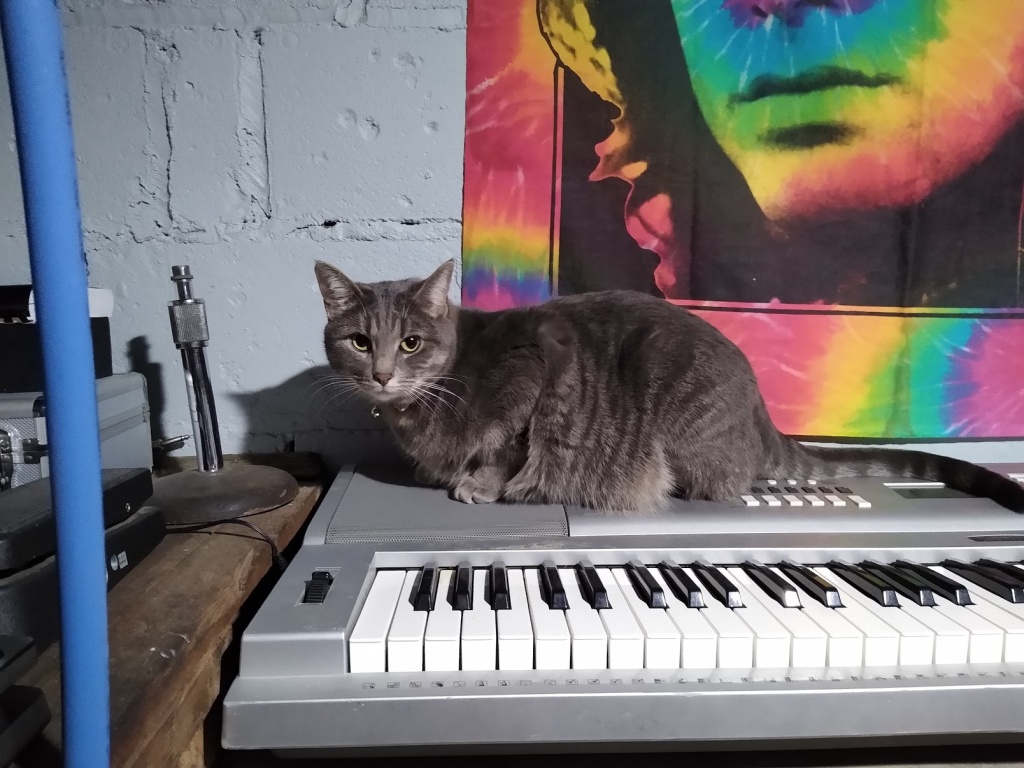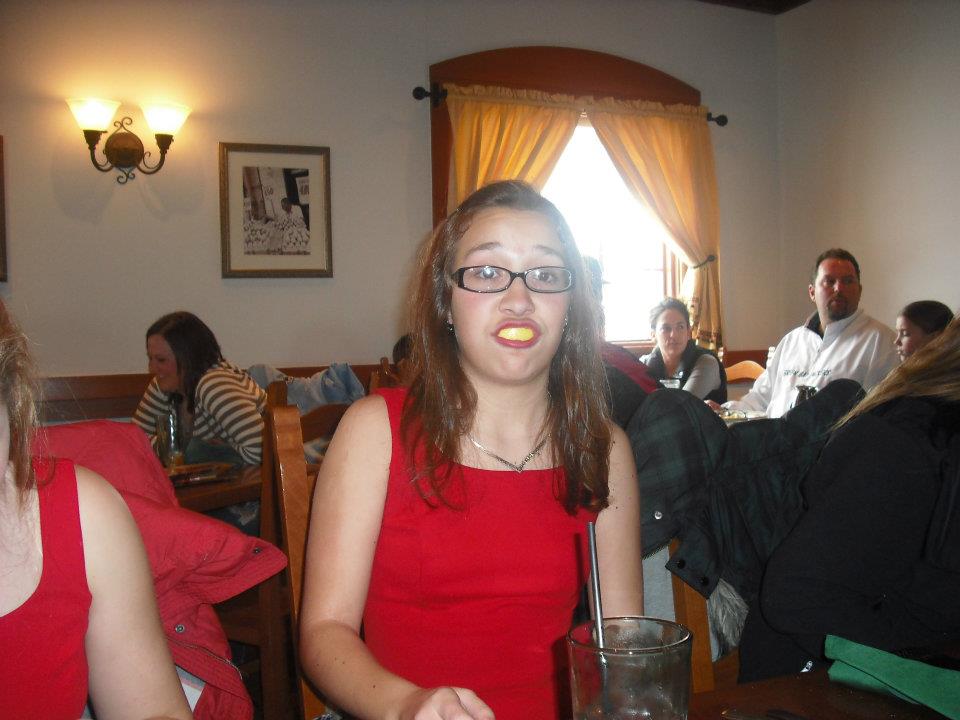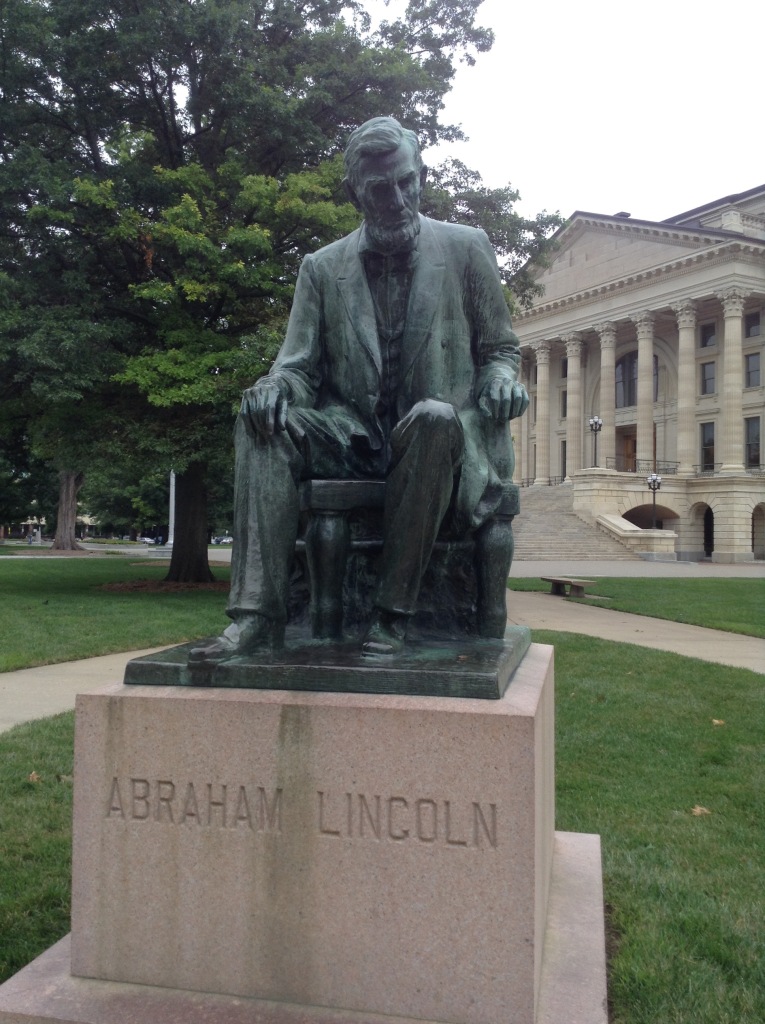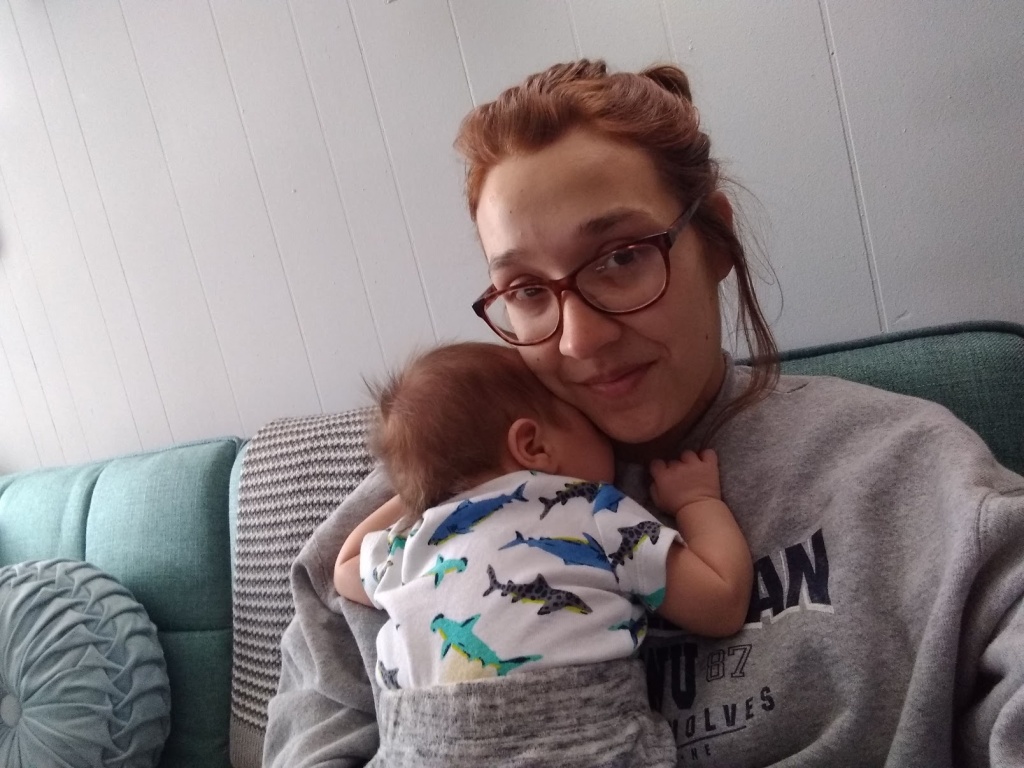Listen. I love cats.
I know they get a bad rap from lots of haters (mainly grumpy people and dog people). Some say cats are mean, or they’re all opportunistic Garfields or tiny tyrants, or that they have no emotions, like houseplants. Dog people especially see cats as unpleasant or unaffectionate.
I was once one of you, until I got my own kitties. See, I had never had a cat friend before.
When I was very little, our family had a cat, but we were not friends. It wasn’t her fault really; my sister and I used to want her to hang out with us and on at least one occasion we barricaded her inside the cabinet of our mini Fischer-Price playhouse kitchenette. I do not blame her for not wanting to be friends with such maniacs. And then my sister’s allergies started flaring up, so we had to say goodbye to Whiskers. We all cried on the way home from the humane society.
The only other cats I knew growing up were friends’ or family members’ cats, and they all either hissed at me or were constantly hiding whenever I came around, with the exception of a couple cats who just seemed not to care about my presence at all.
Cats seemed all the same to me, grouchy and easily offended. So I became a dog person, or I thought I did, until my husband begged me to get a kitten and my world went FWOOOP (that’s the onomatopoeia for turning upside down).

Don’t get me wrong, I love dogs. They are pure and lovable and genuinely good. There’s nothing wrong with dogs (except when they’re puppies, but even then their extreme cuteness makes up for the horror of having to potty train them).
Cats though, cats are complex. They’re more like people than dogs are, and building a relationship with a cat takes time, effort, and lots of trust. Some cats are more naturally friendly and cuddly, like our maine coon, Zuko. Some have one favorite person whose face they will sleep on at night, but aren’t super into strangers, like our grey tabby, Pippin. Some are enigmas like our rescue tuxedo cat Bombadil, who is a little cinnamon roll of anxiety and strange yowling meows.
Cats don’t trust you right away. Get ’em as kittens and they’ll spend the first several hours hiding from you and hunting you until you leave them in the bathroom overnight and they realize they miss you and your body heat. Get ’em as adults and they’ll spend the first six months basically ignoring you until one day, something clicks and they feel safe enough to use you as a headrest on the couch.
Cats are quiet and unobtrusive. They potty train themselves. They only make noise when they need something, or if they’re feeling particularly lovey toward you–or when they inadvertently knock over that stack of books on the end table. Their happy sounds are soft rumbling purrs, not barks. And cats purr at frequencies that actually promote cell growth and healing in their bodies and whomever they happen to be lying on. If I never get sick again, it’ll be because Pippin chose to sleep on my pillow every night since she was three months old.
Dogs are easy. You see a dog, they see you, bam, instant friends. Cats, not so much. You have to work for it, but if you put in the time, a friendship with a cat is all the more rewarding because of the effort.
I’m not writing this to convince dog people to change themselves into cat people–some of us just gravitate more toward the easy openness of dogs than to the hard-shelled, gooey-interiored-ness of cats. One reason I love cats so much is because I’ve never been one to have lots of friends, or to really enjoy casual relationships of any kind. I want deep emotional connection with a few beloved people, and I want the gratification of knowing they chose to like me, maybe even against their better judgement.
Cats suit that need exactly. And they’re also an exercise in unselfishness, when you analyze your relationship and realize, “hey, this cat is definitely getting the better end of this deal” or “I need to give this cat some space with its feelings.” Many people’s frustrations with cats come from the fact that you can’t always read them or get them to do what you want them to do. Some nights they might sleep on your bed. Some days you might only see them for a total of five minutes. Cats play when they want to, and sleep when they want to, and show affection when they want to. They’re selfish and self-serving and protective and loyal and sweet, all rolled into a delightfully complicated cat sushi.
Sometimes cats are monsters, but hey, so are people. Maybe being friends with a cat can help us learn how to better love the human monsters in our lives.






